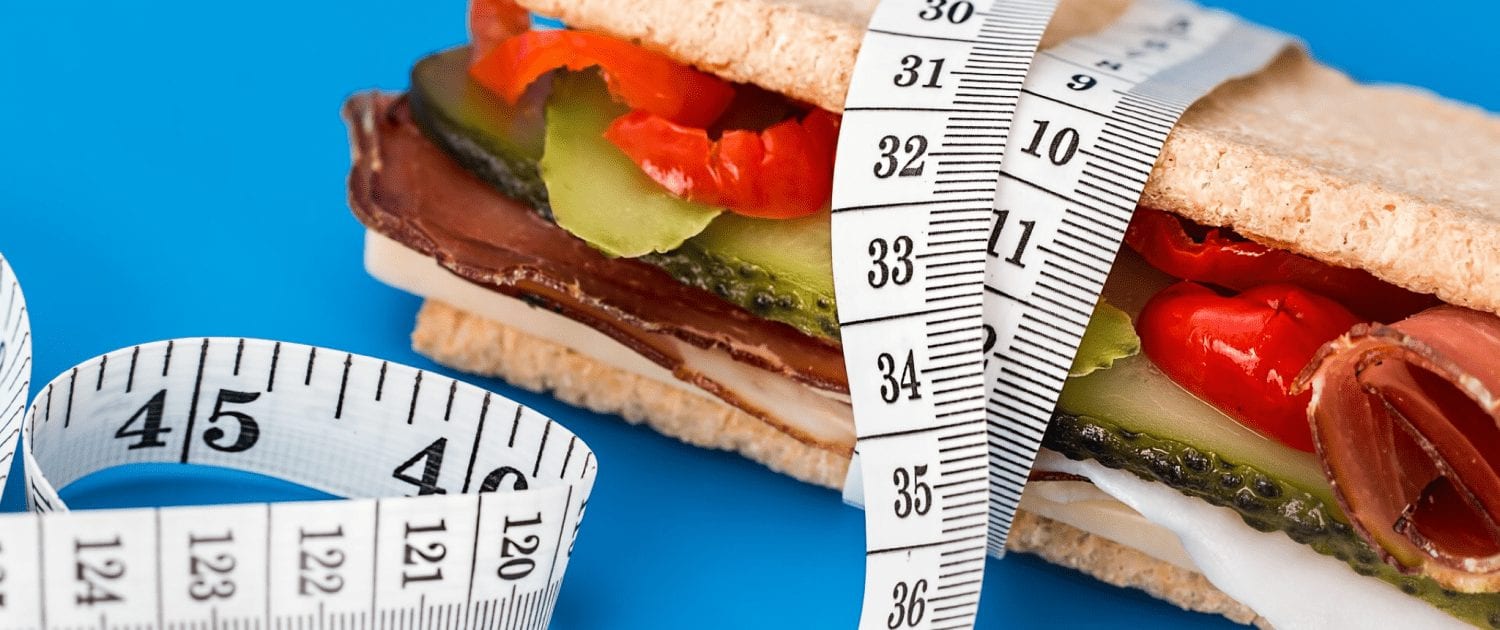How Many Calories Should You Have Per Day For Weight Loss?
There are many ways you can determine how many calories you should have per day with the goal of creating a caloric deficit in order to lose weight; I can remember doing 5 different ones in my nutrition classes in University. Interestingly, despite the complexity or simplicity of the the formulas used they all arrived at a similar number.
Here is one way you can calculate your own:
Take your bodyweight and X it by 9-14
Why the Range? 9 would be an aggressive approach, like 2.0 lbs. per week, and 14 would be something less aggressive, like 0.5 lbs. per week.
Now, this isn’t an exact science but the real power comes by analyzing whats going on with your weight and critiquing your total along the way. I will explain all of this with an example.
Let’s use the same Jane Doe from a previous blog post, What’s More Important For Weight Loss, Diet or Exercise?
Let’s say Jane weights 180 lbs., therefore 180 x 11 = 1,980 calories per day; I arbitrarily used 11, but this would be moderate weight loss. 1980 would be how many calories she should aim to eat per day. Violet would then give herself 2 weeks and see what happens:
- If her weight went up, reduce total daily caloric intake by: 10-15% (198-297 daily calorie reduction).
- If it stayed the same, reduce total daily caloric intake by: 5-10% (99-198 daily calorie reduction)
- If she lost weight, don’t change anything.
The real power in this approach is the on-going monitoring you are doing to assess what’s going on. A few noteworthy points:
- The weigh scale won’t always change, and that’s ok; there will be some weeks where you gain muscle, weeks where you lose fat, and weeks where you do both. This is why you should also be taking measurements (every 2-4 weeks) and progress photos (every 6 weeks) to help assess what’s happening with your body and make sure you are at the proper caloric intake.
- The above numbers are Net caloric intakes, meaning if you exercise that day your effective daily intake for that day will increase by the amount of calories you burned with exercise. For example, if Violet exercises and burns 300 calories, her Gross intake for the day will now change to 1980 (net) + 300 = 2280 calories. Having said that, I wouldn’t start treating it as Net until you start to getting some consistent weight loss. I often suggest to my clients who aren’t going to track things meticulously (tracking 3 or fewer days a week) to just treat your caloric totals as Gross and worry about your “back reflection” every 2 weeks to see how things are working.
- The approach works best for those who weigh less than 250 lbs.
About the Author: Michael Fouts
Mike is the Owner of OverHaul Fitness. He has helped many clients successfully lose weight; and keep it off. In his spare time you can find him eating sandwiches (the solid, or liquid barley form: Beer), watching thought provoking movies or tv series (like Westworld), or doing something active like squash, hockey, or training for triathlons. Click on the link above, or HERE, to read more about Mike.
Related Posts:







